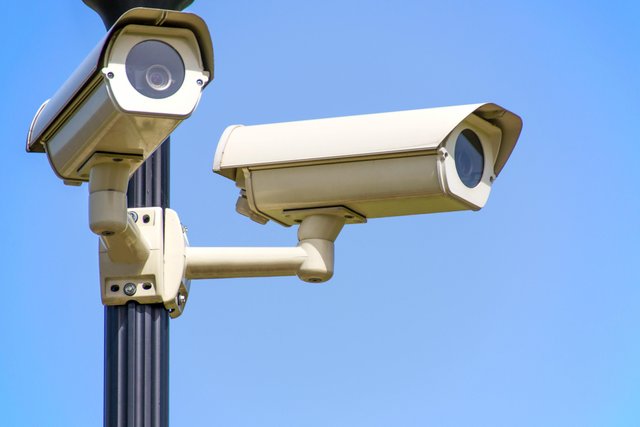How to protect our privacy when we're online?

We give away our privacy easily and cheaply when we're online, we're not aware of how every single piece of data we share is captured and processed, we can never imagine the amount of surveillance found on the internet, and how companies collect our data and use it to sell us crap.
Here are some tips that will help you protect your privacy when you're online:
1- Be careful what information you share: Don't share your personal information, such as your full name, address, phone number, or social security number, unless you absolutely need to.
2- Use strong passwords and change them regularly: A strong password is at least 12 characters long and includes a mix of upper and lowercase letters, numbers, and symbols.
3- Enable two-factor authentication (2FA): 2FA adds an extra layer of security to your account by requiring you to enter a code from your phone in addition to your password.
4- Be careful about what apps you download: Only download apps from trusted sources and read the privacy policy before you install them.
5- Use a VPN when you're using public Wi-Fi: A VPN encrypts your traffic so that no one can see what you're doing.
Clear your browsing history and cookies regularly. This will help to keep your browsing activity private.
6- Be aware of the privacy settings on the websites you use: Take the time to review the privacy settings on each website and make sure they're set to your liking.
7- Be skeptical of online ads: Don't click on ads unless you're sure they're from a legitimate source.
8- Use a private browsing mode: when you don't want your browsing history to be saved.
9- Be aware of the risks of social media: Social media platforms can collect a lot of personal information about you. Be careful about what you share on social media.
10- Talk to your kids about online privacy. Help them to understand the importance of protecting their personal information online.
By following these tips, you can help to protect your privacy when you're online.
Here are some additional tips for protecting your privacy offline:
1- Shred documents and information that you no longer need: This includes things like old bills, bank statements, and medical records.
2- Don't carry too much personal information on you when you go out: This includes things like your driver's license, passport, and social security card.
3- Be smart when ordering checks: Make sure to order checks from a reputable company and shred the old checks when you're done with them.
4- Guard your mailbox: Don't let anyone see your mail, and don't put your personal information on the outside of your mailbox.
5- Keep your passwords private: Don't write them down or tell them to anyone.
By following these tips, you can help to protect your privacy both online and offline.